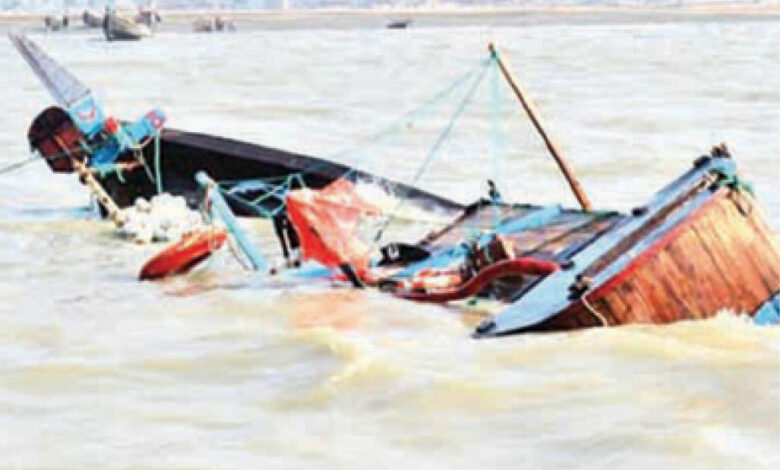Kwara Boat Tragedy Caused By Overloading – Authority

PRELIMINARY investigations on the Kwara boat tragedy shows that the vessel was overloaded.
The National Inland Waterways Authority – NIWA, said that the vessel was carrying over 250 persons including luggage, adding that the commuters were not wearing life jackets as they travelled at about 2:30am.
A total of 107 deaths were recorded in the boat accident in the Patigi Local Government area of Kwara State last Monday while 146 escaped death.
NIWA Managing Director, Dr. George Moghalu, told journalists in Ilorin at the weekend, vowed that all indicted persons would be punished.
Moghalu lamented that not all vessel operators were licensed or registered, saying that the organisation would continue the registration of vessel operators to ensure safety of water ways.
He spoke more on the incident: “It was a rainy night. The rain came with wind. Apart from the rain increasing the water level, the wind was moving and forcing the both left and right and then smashed the boat against a tree. These are some of the issues that came out in the course of our preliminary investigations. Meanwhile, there is still a lot going on to forestall future occurrence,” the NIWA boss said.
“Most of these vessels don’t have night navigational aids, making the movement a risky venture. The vessel carried passengers five times more than what it should have,” he stated.
Moghalu said that the organisation was determined to enforce standard operating procedure with a set of operational guidelines.
“A team to assess environmental impact assessment of the incident would come to the area in order to determine provision of either jetty or ramp to improve movement in the area. Part of our responsibility is to ensure security and safety of the people.
“Part of the message to the people is that you cannot operate your vessel after 6:00 pm. The operational time is between 6:00am and 6:00pm. They should wear life jackets before entering any vessel. The vessel must not be overloaded. We would be using local media, traditional and religious institutions and community stakeholders to pass the message across to the people. We will also continue training of operators to standardise operation all over the country”.





